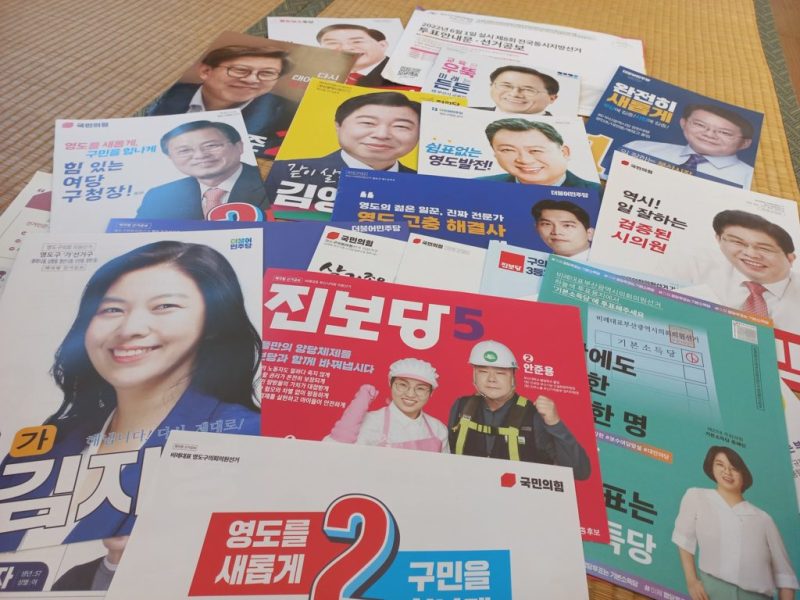In an innovative bid to garner support ahead of South Korea’s parliamentary elections, leading political factions are promising crypto-centric benefits to sway the electorate. The opposition Democratic Party has announced plans to dismantle current barriers to both domestic and international crypto-related exchange-traded funds (ETFs), such as those holding United States Bitcoin ETFs. This move challenges the prevailing cautionary stance of South Korea’s securities regulator against local distribution of these ETFs, which might contravene domestic regulations.
Democratic Party’s Bold Move
“We’re going to allow the ETFs, whether domestic or overseas,” stated Democratic Party’s Hwanseok Choi, emphasizing a commitment outlined in the party’s manifesto. This approach seeks to tap into the growing interest in cryptocurrency investments among South Koreans, leveraging the global momentum following the approval of Bitcoin ETFs in the U.S.
People Power Party’s Tax Strategy
Concurrently, the ruling People Power Party, led by President Yoon Suk Yeol, is vying for the crypto-savvy electorate’s favor by proposing to postpone the onset of taxes on profits from digital assets until 2025. This delay aims to provide a more favorable environment for cryptocurrency investors and enthusiasts within the nation.
Crypto Trading in South Korea
Crypto trading is not a fringe activity in South Korea; nearly six million individuals engaged in crypto transactions through registered exchanges in the first half of 2023 alone, accounting for 10% of the population. Additionally, 7% of election candidates disclosed owning cryptocurrencies, highlighting the digital assets’ penetration into various societal segments.
Investment Trends
Korean investors have notably directed over $200 million into shares of MicroStrategy (MRST), a US-listed firm with significant Bitcoin holdings, thereby indirectly engaging with the cryptocurrency market. This investment behavior underscores the growing appeal and acceptance of cryptocurrency as an investment vehicle among South Koreans.
Anticipating Tighter Regulations
Despite these election-driven promises, South Koreans are preparing for more stringent regulations governing crypto assets. New guidelines expected to be announced soon will address token listings on centralized exchanges, with measures to prevent listings of assets compromised by hacking incidents and requirements for foreign digital assets to offer a local-language white paper or technical manual.
Moreover, the impending Virtual Asset Users Protection Act, set to be enforced from July 19, 2024, aims to clamp down on undisclosed information usage, market manipulation, and illegal trading practices within the crypto space. This legislation introduces severe penalties for non-compliance, signaling the government’s intent to safeguard investors while nurturing the digital economy’s growth.
